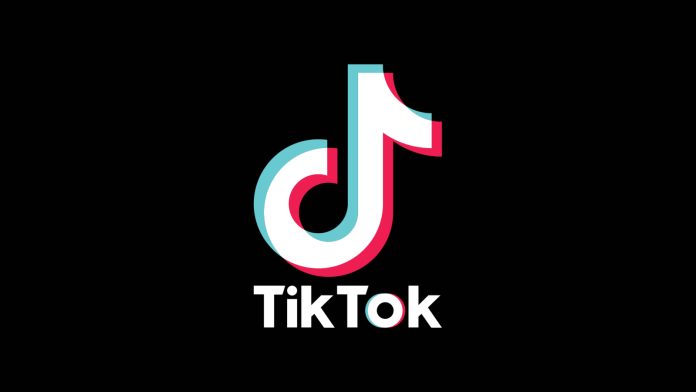ByteDance, the parent company of TikTok, has taken legal action against the U.S. government to contest a bill requiring TikTok’s sale to a non-Chinese entity within a tight timeframe. The Protecting Americans from Foreign Adversary Controlled Applications Act, passed in April, stipulates that ByteDance must divest its ownership of TikTok within nine months, with a potential three-month extension if negotiations are ongoing. Failure to comply would result in a ban on the TikTok app in the U.S., slated for January 19, 2025.
Describing the act as “unquestionably unconstitutional,” ByteDance asserts that the proposed timeline is impractical and challenges the government’s authority. The lawsuit contends that granting the government the power to compel divestiture violates the First Amendment by restricting TikTok’s free speech rights. ByteDance argues that concerns over security and content manipulation, which it deems speculative and flawed, do not justify curbing the speech of TikTok’s 170 million U.S. users.
ByteDance further maintains that a U.S.-owned TikTok platform would be financially unsustainable due to content limitations, undermining the platform’s value and appeal. Additionally, the company asserts that transferring ownership and source code to a new entity within the given timeframe is technologically unfeasible, as it would require extensive re-architecting and training of personnel.
Complicating matters, the Chinese government has expressed opposition to selling TikTok to a U.S. entity and would need to approve any such transaction. ByteDance has already relocated U.S. user data to Oracle servers, but U.S. lawmakers remain skeptical of this arrangement’s effectiveness in safeguarding user privacy.
With few U.S. companies capable of acquiring TikTok and antitrust concerns hindering potential buyers among tech giants, ByteDance’s lawsuit seeks to invalidate the bill on constitutional grounds and prevent its enforcement by the U.S. Attorney General. The legal battle underscores the complex interplay between national security, free speech, and corporate interests in the digital age.










